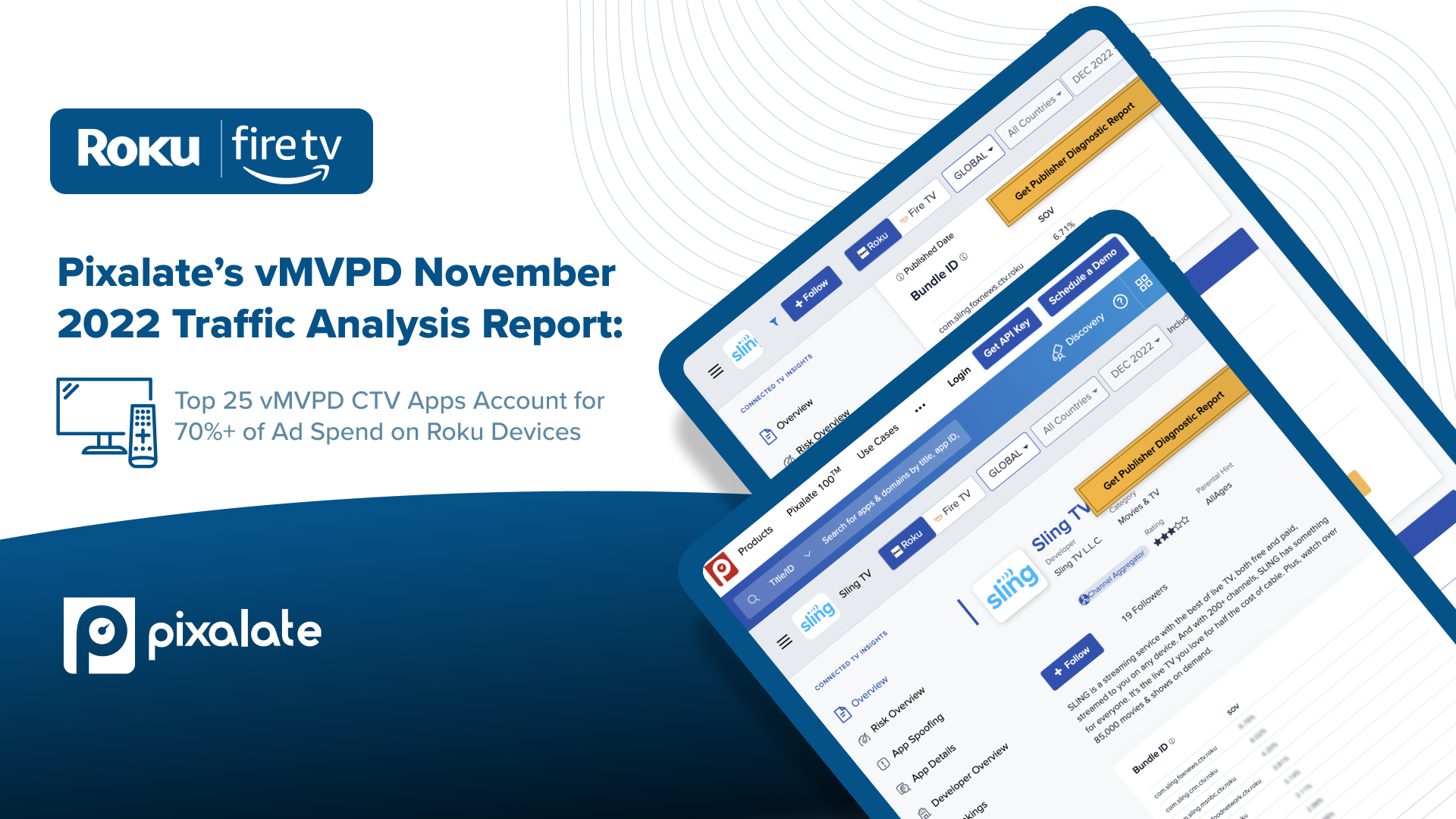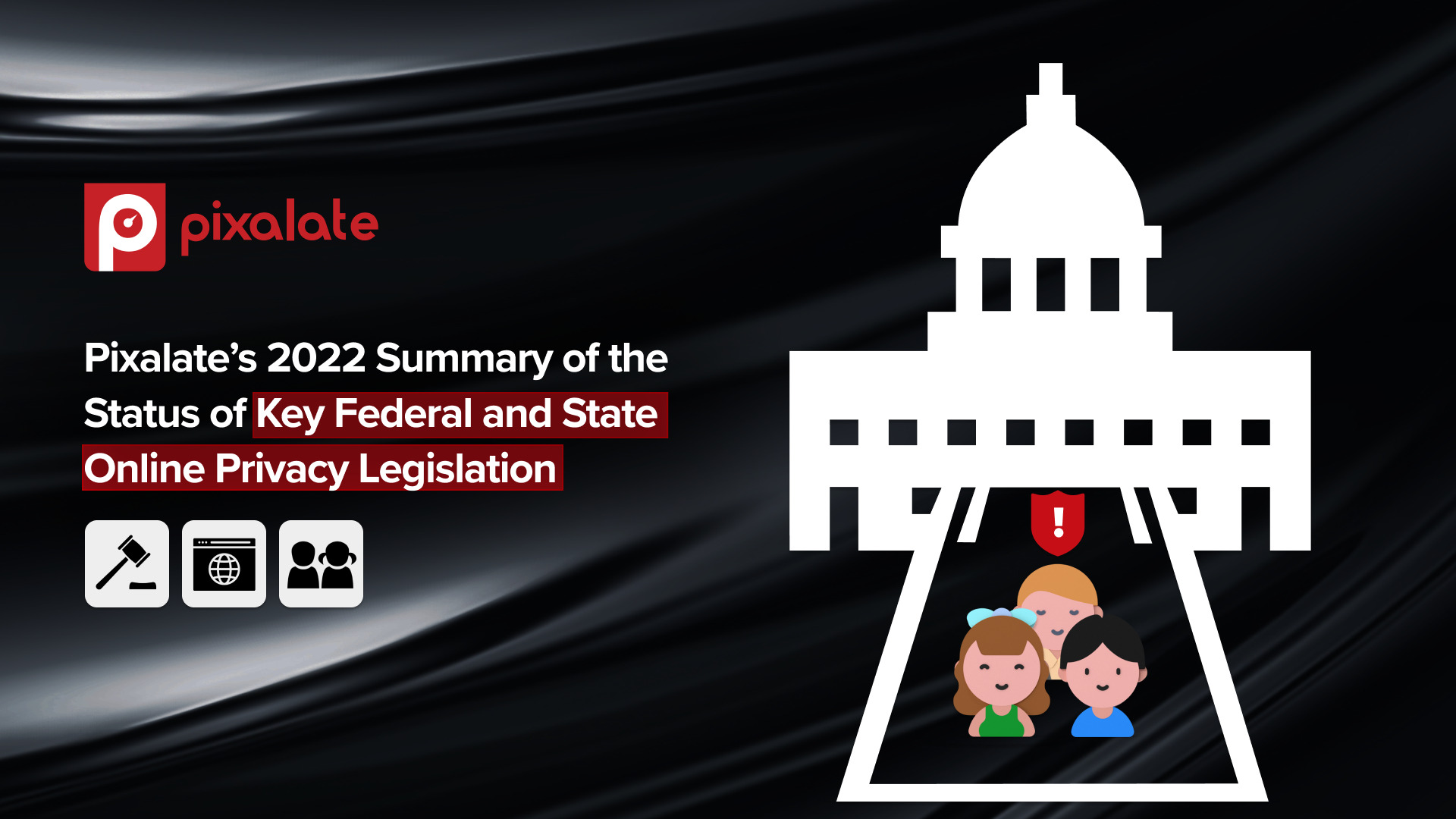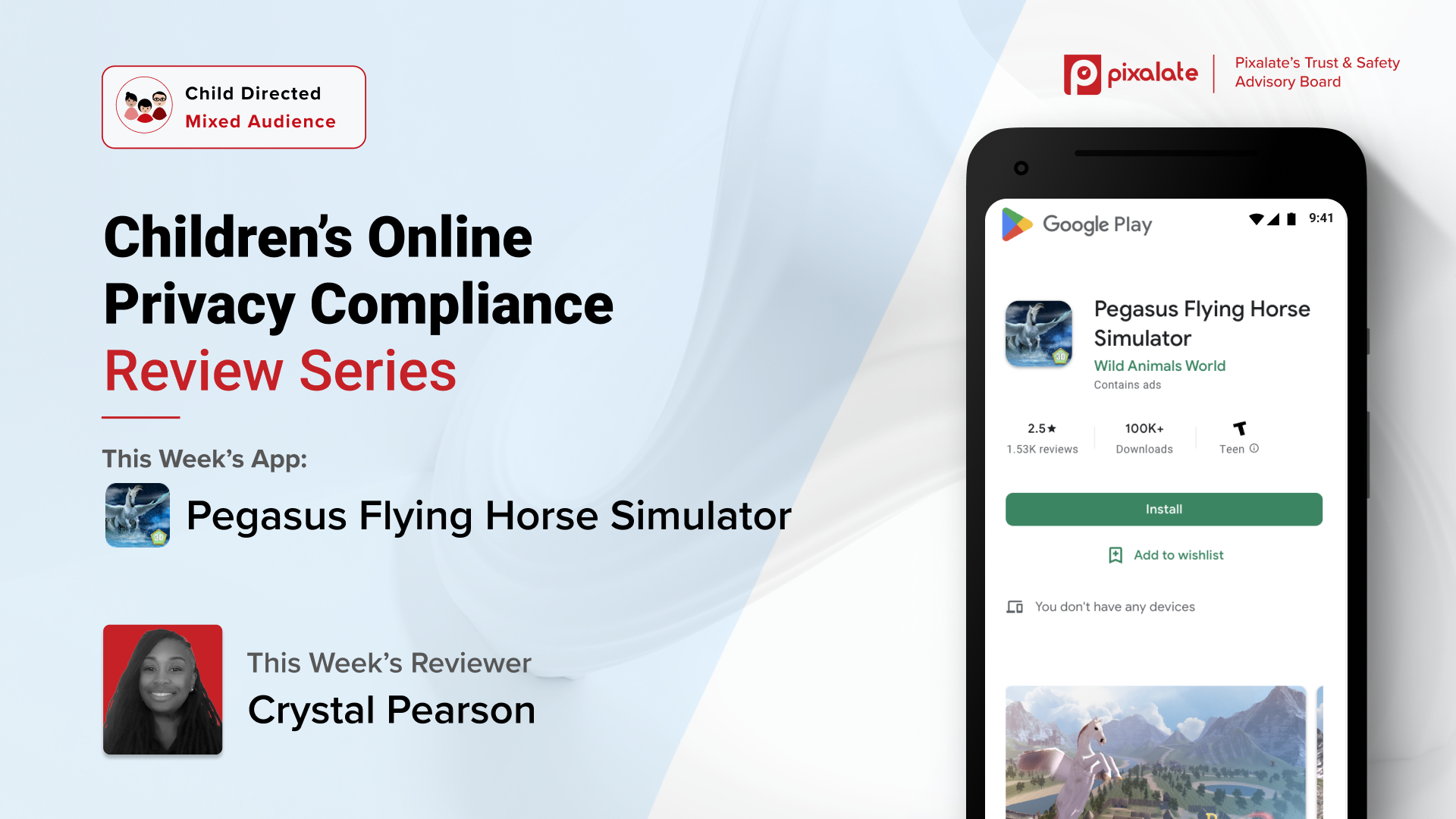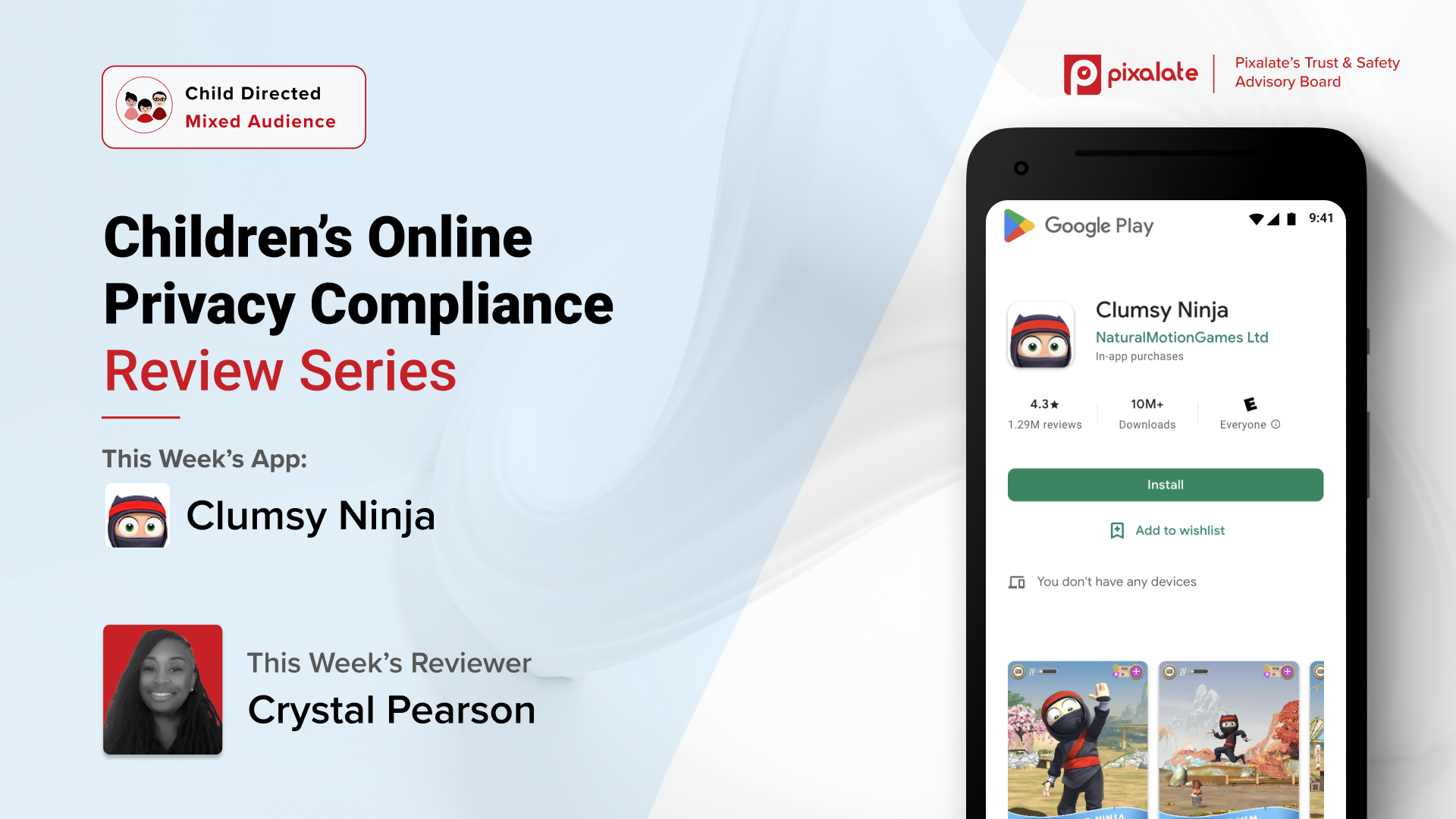
This week's review of ad fraud and privacy in the digital advertising space:

This week, Pixalate was featured in ProPublica's comprehensive examination of Google's online advertising ecosystem and problems that have arisen from what ProPublica calls the "Black Box Ad Empire." Read the whole article on ProPublica and check out our blog about it here.

Pixalate released its November 2022 vMVPD Traffic Analysis Report. In this report, we dive deep into vMVPD (Virtual MultiChannel Video Programming Distributor) apps - such as Sling TV and XUMO - to surface programmatic ad insights across Roku and Amazon Fire TV devices. Check out more findings in our full blog post.

Several bills have been proposed in the U.S. Congress and state legislatures with the goal of strengthening children’s privacy online and protecting minors from invasive advertising and inappropriate content. As we close out the year, we examined two important federal bills and two key state laws and where they stand at the end of 2022. You can read our summary here.

Pixalate continued its Mobile App Manual Reviews According to COPPA series, containing the detailed factors the Trust & Safety Advisory Board educators used to assess an app’s child-directedness. This week we reviewed Pegasus Flying Horse Simulator in the Google Play store. Our reviewer discusses how the subjective factors set forth in the COPPA Rule apply to each app and factor into the reviewer's determination as to whether the app is child-directed or general audience (i.e., it is not targeting children). Read the full review here.

This week we also reviewed Clumsy Ninja in both the Apple App and Google Play Stores. Read the full review here.
.png?width=960&height=540&name=Pixalate%20-%20Q2%202022%20IVT%20Benchmark%20Report%20(1).png)
Pixalate published the Q2 2022 Invalid Traffic (IVT) Benchmarks report last month, describing IVT distribution in programmatic advertising impressions. It covered a wide variety of data points, so we decided we would break it down further and highlight some interesting findings.
This week we compared CTV apps with app-ads.txt and apps without app-ads.txt across the Roku and Amazon Fire TV stores. Roku apps appear to show a much bigger correlation to the use of app-ads.txt and lower IVT rates. Find out more in our blog post.
*By entering your email address and clicking Subscribe, you are agreeing to our Terms of Use and Privacy Policy.
These Stories on Weekly Recaps
*By entering your email address and clicking Subscribe, you are agreeing to our Terms of Use and Privacy Policy.

Disclaimer: The content of this page reflects Pixalate’s opinions with respect to the factors that Pixalate believes can be useful to the digital media industry. Any proprietary data shared is grounded in Pixalate’s proprietary technology and analytics, which Pixalate is continuously evaluating and updating. Any references to outside sources should not be construed as endorsements. Pixalate’s opinions are just that - opinion, not facts or guarantees.
Per the MRC, “'Fraud' is not intended to represent fraud as defined in various laws, statutes and ordinances or as conventionally used in U.S. Court or other legal proceedings, but rather a custom definition strictly for advertising measurement purposes. Also per the MRC, “‘Invalid Traffic’ is defined generally as traffic that does not meet certain ad serving quality or completeness criteria, or otherwise does not represent legitimate ad traffic that should be included in measurement counts. Among the reasons why ad traffic may be deemed invalid is it is a result of non-human traffic (spiders, bots, etc.), or activity designed to produce fraudulent traffic.”

